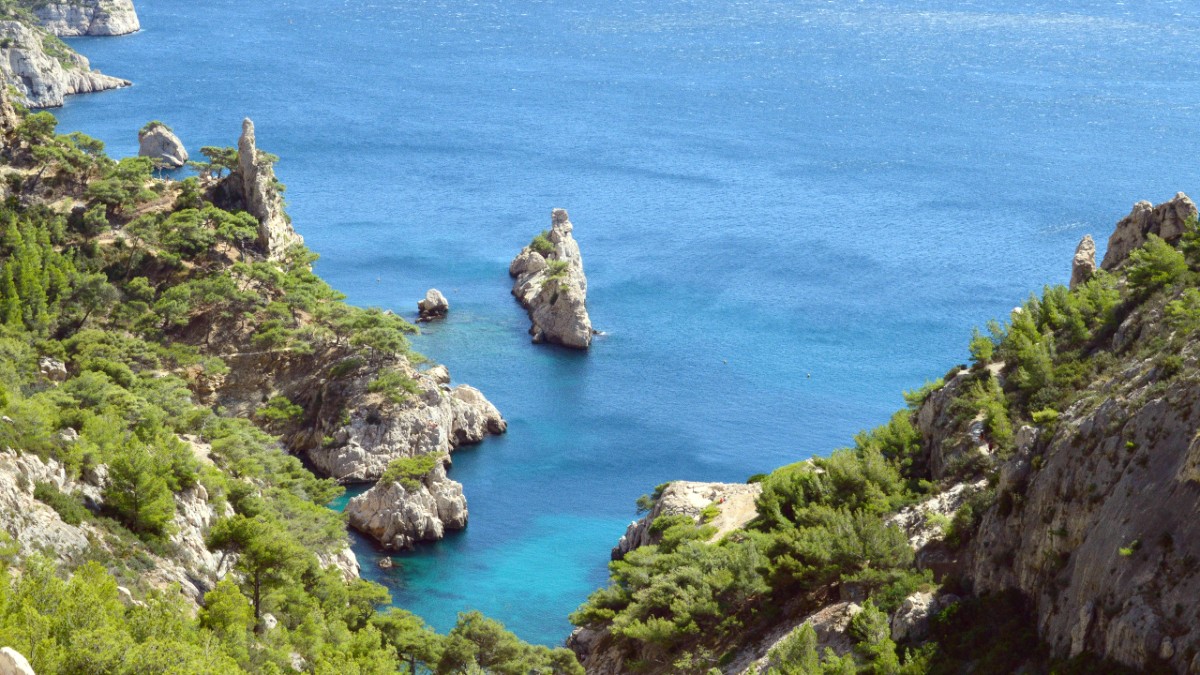
Provence, France
France follows the Schengen Agreement, covering short-term stays (up to 90 days within 180 days) for tourism or business. Citizens of many countries need a Schengen visa. Visa-waiver countries (e.g., US, Canada, UK) do not need a visa for short stays.
For visits longer than 90 days (e.g., work, study), a long-stay visa is necessary. Application processes for these take more time and should be complete in your home country before departure.
France does not levy a general entry fee. Visa application fees apply for those needing a Schengen visa (around €80, subject to change). Upon arrival, border officers check passports and visas, asking about your purpose and length of stay.
Future systems include the Entry/Exit System (EES) to register non-EU citizens' movements, and ETIAS (expected 2025) for visa-exempt non-EU citizens, needing online pre-travel authorization. Check official EU sources for updates.
Cost-conscious approach
Hostel dorm/budget hotel (€30-€60). Supermarket/street food (€20-€40).
Public transport pass (€5-€10). Free sites/some entry fees (€10-€30). Total Daily: €70-€155.
Balanced comfort and cost
3-4 star hotel/Airbnb (€80-€150). Restaurant lunch & dinner (€50-€80).
Public transport/occasional taxi (€10-€20). Museums/boat trips (€40-€80). Total Daily: €195-€310.
Premium experiences
5-star hotel/luxury apartment (€200+). Fine dining (€100+).
Taxis/private transfers (€20-€50+). Private tours/exclusive experiences (€100+). Total Daily: €350-€600+.
The official currency of France, and therefore Marseille, is the Euro (€). ATMs are widely available and feature the best exchange rates. Major credit cards (Visa, Mastercard, American Express) find wide acceptance in most hotels, restaurants, and larger shops. It is wise to carry a card with no foreign transaction fees.
Hostel dorm bed: €25-€50. Basic hotel room (1-2 star): €50-€90. Casual lunch (plat du jour): €12-€20. Mid-range restaurant main course: €18-€30. Single metro/bus/tram ticket: €1.80. 24-hour public transport pass: €5.20. MuCEM adult ticket: €11. Boat trip to Calanques (group tour): €25-€45.
Service is included. Small tips (5-10%) for exceptional service are appreciated, not mandatory.
Marseille City Pass features free transport and museum access, aiding savings.
Markets and bakeries for affordable, authentic meals.
"Formule midi" at lunchtime is cheaper than dinner, a good way to sample local cuisine.
Explore walkable city center, saving on transport.
Your wellbeing on the trip is paramount. Here are health and safety elements for your journey.
France operates a high-quality healthcare system.
Common health concerns in Marseille are manageable with simple prevention.
Comprehensive travel insurance is highly recommended for all visitors.